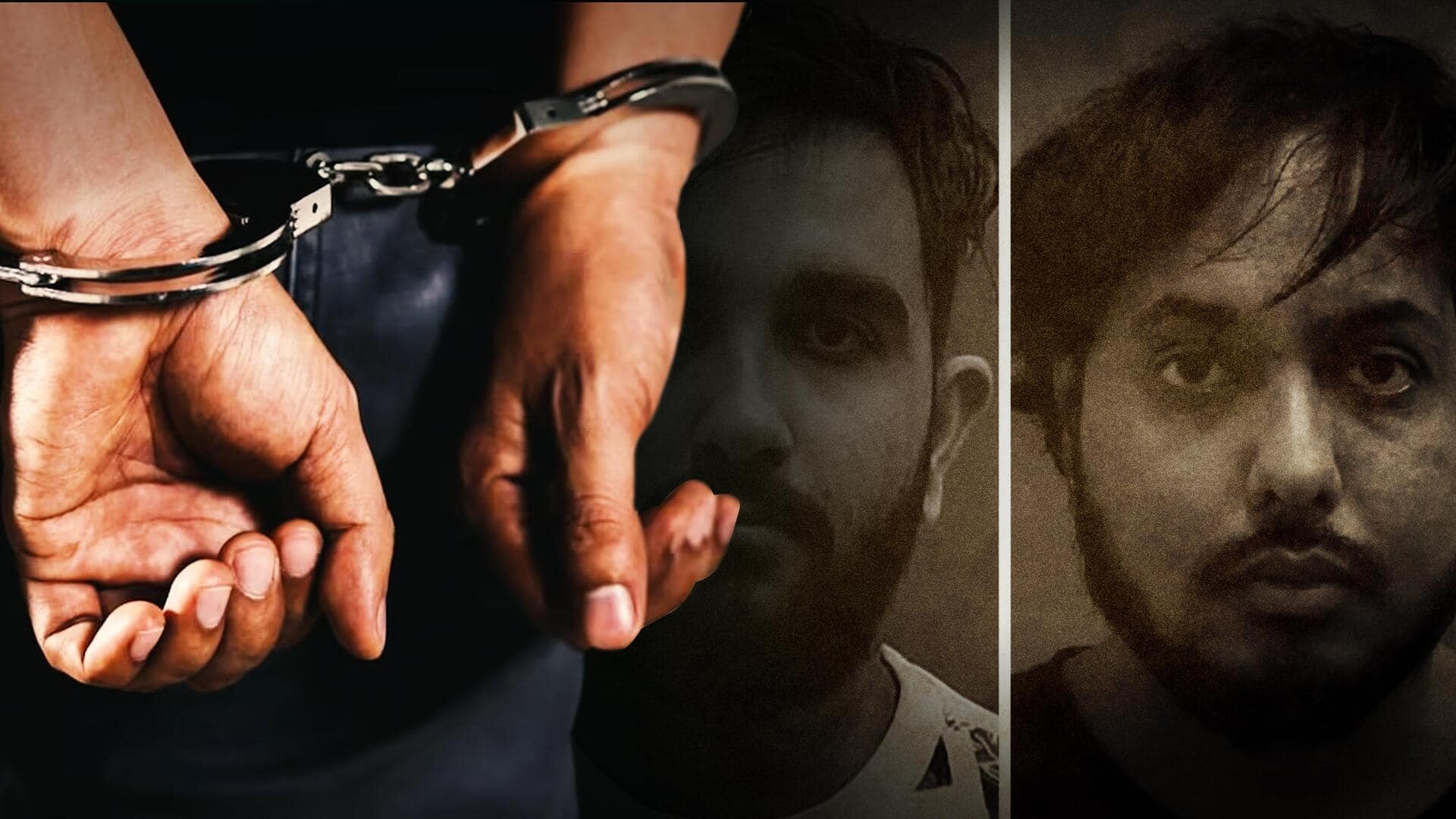
Protests as men accused of Nijjar's killing appear in court
What's the story
Three Indian nationals, Karan Brar, Karanpreet Singh, and Kamalpreet Singh, accused of killing Sikh separatist leader Hardeep Singh Nijjar in Canada last year, appeared in court virtually in British Columbia on Tuesday. The court session saw a significant turnout from the Sikh community, both inside and outside the courthouse, with demonstrators holding signs paying tribute to Nijjar and waving pro-Khalistan flags. The three men are facing charges of first-degree murder and conspiracy to commit murder.
Context
Why does this story matter?
Last week, Canadian police arrested and charged three Indian men with Nijjar's murder said they were probing whether the men had ties to the Indian government. The diplomatic ties between New Delhi and Ottawa have been strained since Canadian Prime Minister Justin Trudeau last September alleged the involvement of "Indian agents" in the separatist leader's assassination. India, however, has denied the allegations as "baseless" and "motivated."
Proceedings
Accused respond in court, next hearing scheduled
Dressed in orange prison uniforms, the defendants briefly responded to questions during the session. A Punjabi interpreter assisted Karanpreet throughout the proceedings. Both Karan and Karanpreet, through their legal representatives, agreed to return for their next hearing at the Surrey court on May 21. Kamalpreet, who is yet to appoint a lawyer, is also expected to appear on the same date.
Legal measures
No-contact order issued, investigation continues
The Crown prosecutor, in coordination with law enforcement, has issued a no-contact order that includes seven people, three of whom are Nijjar's family members. This order prohibits any direct or indirect communication between the defendants and those named in the order. The case is expected to be tried in Canada, and if they are found guilty, they would not be eligible for parole for at least 25 years.
Deportation
Suspects face deportation
If they are foreign nationals or permanent residents, the Canada Border Services will hold a deportation hearing for them as soon as they are released, according to Surrey criminal and immigration lawyer Affan Bajwa. According to a Supreme Court of Canada decision issued in September, even if they are found not guilty, they may also be deported under the Immigration and Refugee Protection Act. The men had been living in Edmonton, Alberta, for the last three years.